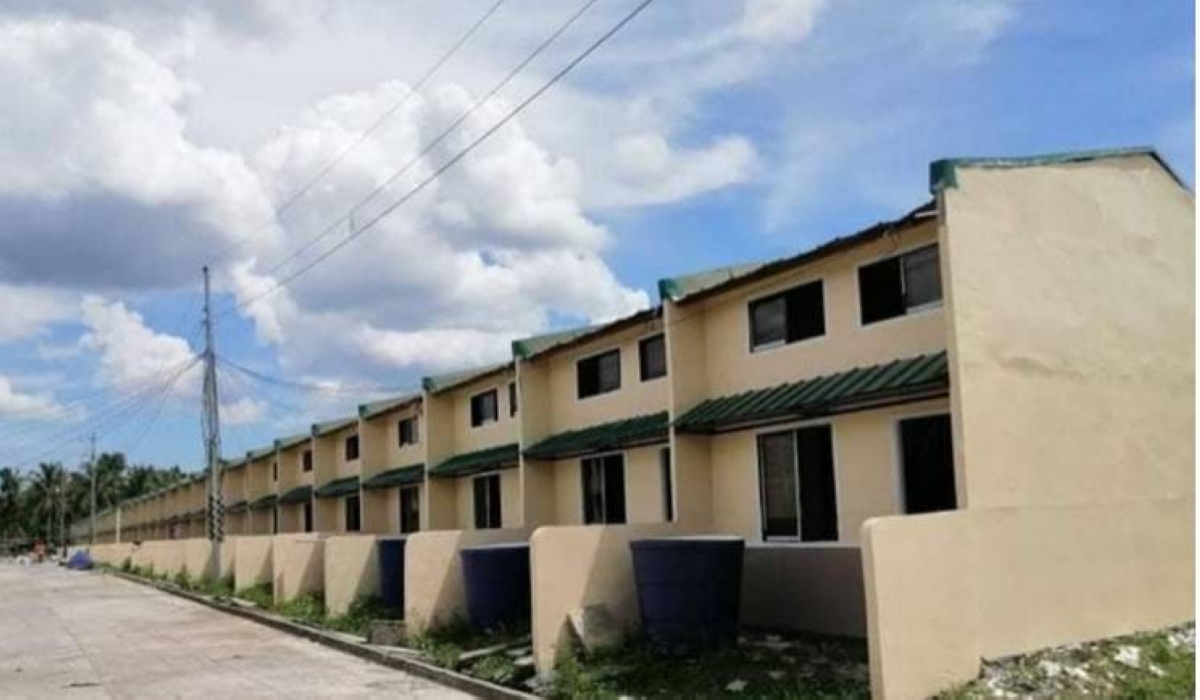Manila, Philippines: In a move to protect lower-income families from excessive rental rate increases, the National Human Settlements Board (NHSB) has approved a four percent limit on monthly residential rental rates of P10,000 and below, effective from January 1, 2024. This decision, outlined in Resolution No. 2023-03, aims to prevent the burden of unwarranted rental hikes on vulnerable communities.
The previous rental rate increase stood at 11 percent, making this new limit a significant adjustment. The Department of Human Settlements and Urban Development (DHSUD) explained that the decision to implement a uniform maximum percentage increase was based on the recommendation of the National Economic and Development Authority (NEDA). By considering data provided by the NEDA, the DHSUD, led by Undersecretary Henry Yap, was able to determine “the most sound, feasible, and fair figure to represent the cap in rental increase.”
It is important to note that violating any provision of the Rent Control Act can result in severe consequences. Offenders may face a fine ranging from P25,000 to P50,000, imprisonment of not less than one month and one day, or both. These penalties highlight the seriousness with which the government treats violations of rental rate regulations.
The NHSB’s decision to implement a four percent limit on rental rate increases is a significant step towards ensuring affordable housing for lower-income families. By curbing excessive hikes, the board aims to create a more stable and equitable rental market. This move aligns with the government’s commitment to addressing the needs of vulnerable communities and promoting social welfare.
Rent control regulations play a crucial role in maintaining a balanced rental market. They help prevent exploitative practices and ensure that rental rates remain within reasonable limits. By setting a maximum percentage increase, the NHSB aims to strike a balance between the interests of landlords and the well-being of tenants.
This development will likely be welcomed by tenants, especially those with limited financial resources. With the rising cost of living, affordable housing has become a pressing concern for many individuals and families. The NHSB’s decision provides some relief and reassurance that rental rates will not skyrocket beyond manageable levels.
It is worth noting that rental rate regulations can vary from country to country. While the specific details of this regulation apply to the Philippines, the broader concept of rent control is relevant in many jurisdictions. Governments around the world implement measures to protect tenants and ensure that housing remains affordable for all.
In conclusion, the National Human Settlements Board’s approval of a four percent increase limit on monthly residential rental rates of P10,000 and below is a positive step towards safeguarding lower-income families from excessive hikes. This decision, based on the recommendation of the National Economic and Development Authority, demonstrates the government’s commitment to promoting affordable housing and protecting vulnerable communities. By adhering to the Rent Control Act, both landlords and tenants can contribute to a more equitable and sustainable rental market in the Philippines.







